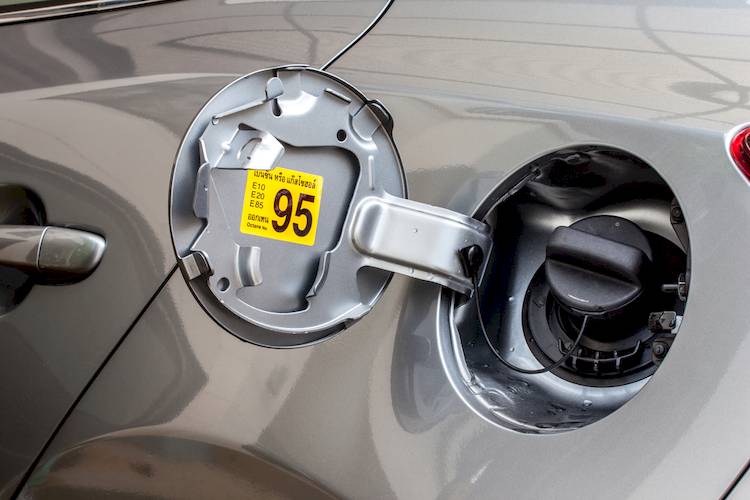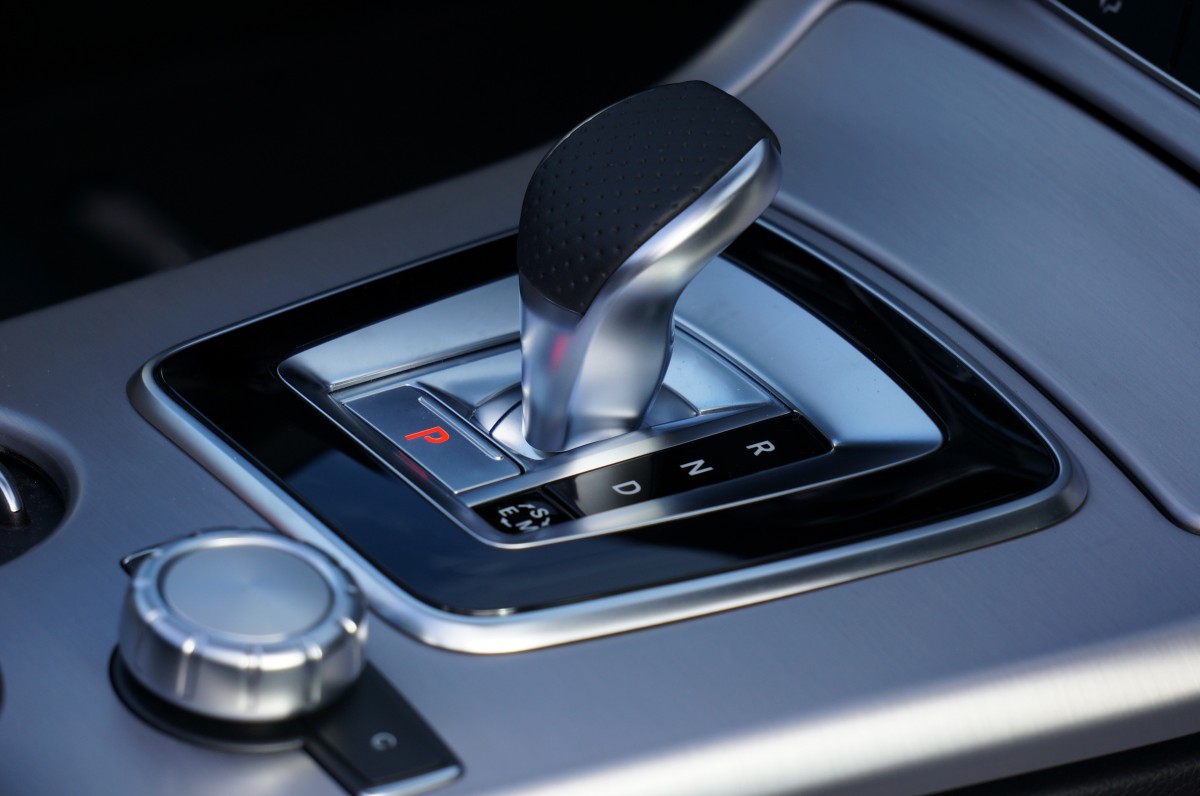Fuel hits record highs in SA – breaches R18/l
The price of all fuel will, from midnight tonight (3 August), hit record highs across the country, outstripping by some margin the priciest fuel has ever been in South Africa. According to the Automobile Association (AA) fuel first hit record highs in April when 95 ULP in Gauteng was priced at R17.32 a litre, and R16.61 at the coast. Record highs were again recorded in July with the price pegged at R17.39 inland, and R16.67 at the cost.
The last time fuel was priced above R17/l was in October/November 2018 when the price reached R17.08 for 95 ULP in Gauteng. In the same months a litre of fuel was priced at R16,49 at the coast, the priciest it had ever been before.
However, these figures pale against the R18.30/l (Gauteng) and R17.58/l (coast) which come into effect for August. Petrol 95 ULP is now 23.15% more expensive than it was in January in Gauteng, and 24.15% more expensive at the coast. Diesel is between 20.31% and 21.13% more expensive in Gauteng and the coast compared to January numbers. The biggest shock is the steep increases to illuminating paraffin prices; a litre of paraffin in Gauteng is now 30.31% more expensive than it was in January and 33.84% more expensive at the coast than in the beginning of the year.
The AA says given the fluidity of the two key factors which influence the local fuel price – the Rand/US Dollar exchange rate and international petroleum product prices – it’s impossible to forecast the trajectory of future fuel price movements in the coming months.





